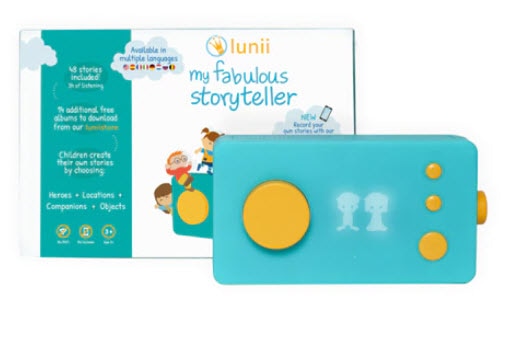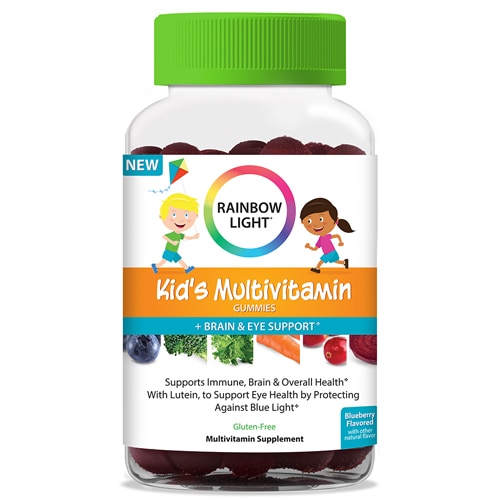[vc_row][vc_column][vc_column_text]Remember when we would tell each other stories, at night, or round a campfire or on a road trip? That careful listening, as we hung on every word? How we would set the scene in our minds’ eye as the narrative unfolded? Is storytelling a dying art? Perhaps.

Why is imagination important?
Oral storytelling is a part of our human history; likely we have been at it for as long as we have had language. But many experts would argue that excessive
screen time negatively impacts children’s imaginations, subtly eroding the imaginative capacity. These days, even the youngest of children spend an inordinate amount of tie in front of a screen, with smartphones and tablets competing with the television for their attention.
What children lose out on, while gazing at screens, is the unbridled ability to imagine. Screen media implants images in our brain that are ready-made and relatively generic. When we are told stories, however, we receive the exquisite experience of actively imagining the worlds we hear about, rather than having the characters and scenery presented to us like in a book or TV show. Our brains can paint the characters and actions in ways that resonate with us most.
Our imagination makes life richer in a multitude of ways: It creates the conditions for empathy, morality, consequences and meaning. And it all starts when we’re children.
Early data from a landmark National Institutes of Health (NIH)
study that launched in 2018 indicates that children who spent more than two hours a day on screen-time activities scored lower on language and thinking tests. Some children with more than seven hours a day of screen time experienced thinning of the brain’s cortex, the area of the brain related to critical thinking and reasoning.
Active listening, on the other hand, is an important component of learning, supporting problem-solving, leadership and teamwork. Being good at listening helps kids think more critically, become a better friend and improve their personal relationships.
Imagination toys for kids
Enter toys designed to enhance and nurture children’s budding imagination, rather than spoon-feeding content to them via a screen. One such recent toy is
Lunii: My Fabulous Storyteller, a screen-less, audio storyteller in which children can customize their own stories by choosing the protagonist, location, sidekick and key object of the story. Think of it as an audio choose your own adventure, with over three hours of audio stories pre-loaded available as a free download in eight languages.
The Lunii (moon in French plus I for imagination) storyteller was inspired by Lunii's co-founder Maëlle Chassard graduate school dissertation, which focused on why collective and individual imagination is important for kids when growing up.
Excited to put some of her discoveries into practice, Chassard, along with three others, founded Lunii, a company devoted to mindful children’s toys. The company’s values are opening children’s minds to the world, enhancing their imagination, cultivating their curiosity and learning while having fun.
 How Lunii: My Fabulous Storyteller works
How Lunii: My Fabulous Storyteller works
An empowering alternative to TV viewing, Lunii comes with 48 included interactive stories (more can be added via
Luniistore). Kids can choose who they want to star in their story and where their adventure is set, then press go—out comes a customized story based on their choices.
There are also upgrades you can get, which basically makes
Lunii a trove of endless stories, serving as a great companion for kids at home or while traveling. The technology of the toy is purposely very simple. It includes an internal speaker that tells the story, a small rudimentary screen which display icons for the child to choose the elements of the story, and a 10-hour battery capacity.
The benefits of oral story telling
Boosts creativity
Research suggests that oral storytelling may
build young children’s vocabulary.
A study of live oral storytelling showed that storytelling improves critical thinking skills, creativity, active engagement in learning, narrative thinking abilities, and interpersonal skills. One major perk of oral storytelling is it can build early literacy skills, long before book-reading can be (or should be) introduced. Many early childhood educators, particularly Waldorf teachers, have long acknowledged the benefits of oral storytelling.
Improves sleep
Screen time can also
impact sleep. Research shows looking at a phone or computer’s blue screen, before bed, can negatively impact sleep. The light from phones and televisions suppresses melatonin and tricks your brain into thinking it’s still daytime. Using an oral storyteller such as Lunii, which has zero
blue light, is a better way for children to wind down and fall easily asleep.
Fosters well being
Social media, texting and gaming can all be addictive. Scientific research shows that these activities release dopamine in the brain and causes us to crave more. A growing body of research posits “a clear and strong association” between more screen time and lower wellbeing. Research on screen time impact in children is complexly correlated with a consistent pattern around multiple concerning outcomes, such as depression, anxiety, problems completing tasks and increased arguing.
The American Academy of Pediatrics guidelines set specific time limits on screen time for children [ages] five and younger, currently recommending that kids ages 2 to 5 use screens for no more than one hour a day, not including time spent video chatting with family or friends.
In younger kids, signs of too much screen may present as excessive irritability or tantrums, Many pediatric doctors attribute excessive screen time and inadequate outdoor time to rising rates of attention deficit hyperactivity disorder (ADHD) and even oppositional defiant disorder (ODD). Children’s brains gets wired to crave the constant stimulation of the screen. when the stimulation is withheld, the child may find it hard to cope. Finally, one noticeable effect of excessive screen time is the staggering increase in childhood obesity. More than a third of American children are either overweight or obese, increasing the risk of diabetes and hypertension and low self-esteem.
In short, anything that kids off the screen, into their bodies, the outdoors, and most of all, their imaginations is a win-win.[/vc_column_text][/vc_column][/vc_row][vc_row][vc_column][vc_text_separator title="Featured Products" border_width="2"][vc_row_inner equal_height="yes" content_placement="middle" gap="35"][vc_column_inner width="1/3"][vc_single_image image="156540" img_size="full" alignment="center" onclick="custom_link" img_link_target="_blank" css=".vc_custom_1639239787221{padding-right: 7% !important;padding-left: 7% !important;}" link="https://www.vitacost.com/lunii-my-fabulous-storyteller-spanish"][/vc_column_inner][vc_column_inner width="1/3"][vc_single_image image="156538" img_size="full" alignment="center" onclick="custom_link" img_link_target="_blank" css=".vc_custom_1639239811466{padding-right: 7% !important;padding-left: 7% !important;}" link="https://www.vitacost.com/lunii-my-fabulous-storyteller"][/vc_column_inner][vc_column_inner width="1/3"][vc_single_image image="156539" img_size="full" alignment="center" onclick="custom_link" img_link_target="_blank" css=".vc_custom_1639239833641{padding-right: 7% !important;padding-left: 7% !important;}" link="https://www.vitacost.com/lunii-octave-kids-headphones"][/vc_column_inner][/vc_row_inner][/vc_column][/vc_row]





